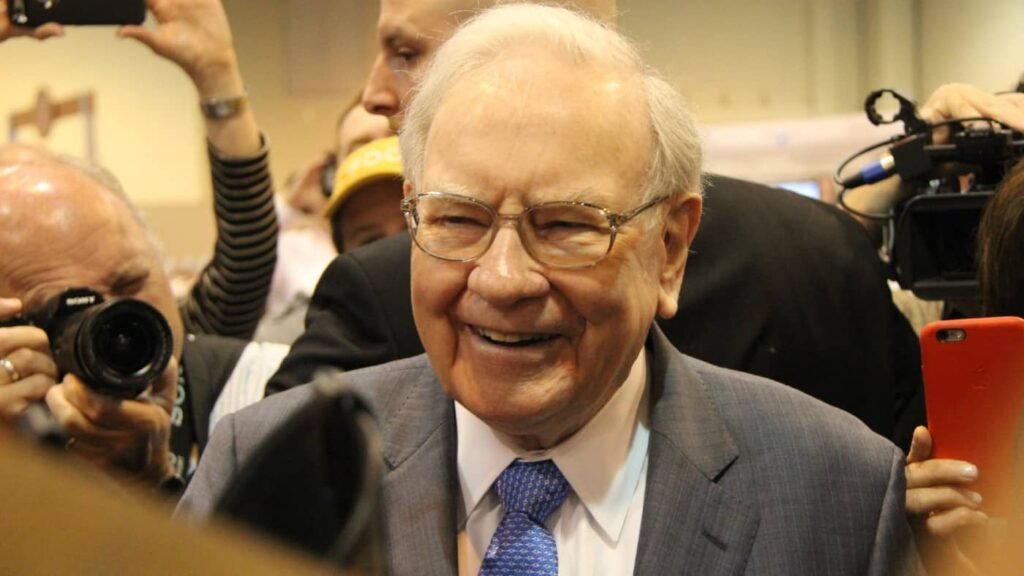Image source: The Motley Fool
It’s inflation again. It came in higher again. The 3.8% headline inflation wasn’t just higher than expected, it also puts UK at the top of the inflation leaderboard among G7 countries and by some distance. Anyone concerned the declining value of money might be here to stay would do well to listen to the wise words of billionaire Warren Buffett.
In his multi-decade career at Berkshire Hathaway, he has repeated the same message about how to counter inflation. His number-one tip — to invest in your own skills and reputation as they can never be inflated away — has nothing to do with investing.
But his second and third tips are wise words for anyone looking for smart investments during times of high inflation. Let’s dig into both pieces of advice and see how an investor can put them into action starting today.
Pricing power
Buffett advises buying stocks in companies with ‘pricing power’ during high inflation. What is pricing power? It’s a phrase used to describe a company’s ability to raise prices without causing sales to fall, often because of a unique or essential product.
In Buffett’s own words, “If you’ve got the power to raise prices without losing business to a competitor, you’ve got a very good business”.
Unilever (LSE: ULVR) is a great example of this because pricing power is the core of its brand strategy. Take names like Hellmann’s mayonnaise, Magnum ice creams, or Dove soap. These products, sometimes called its ‘billion brands’ as they each bring in over a billion euros in revenue, dominate their categories. I couldn’t name another brand of mayonnaise. No ice creams I’ve tasted match up to a Magnum.
These best-in-class product lines allow margins to stay consistent even when inflation is raising costs up and down the supply chain. The real magic for companies with pricing power is that it allows them to get ahead of inflation.
Good pricing power isn’t a panacea, however. In Unilever’s case, the issues of a weak economy and a severe cost-of-living crisis has meant that the shares are still lower than they were five years ago.
Low capital expenditure
They say you need to spend money to make money. Well, that’s not always true. Some companies have a huge advantage in their costs compared to others, which is the essence of Buffett’s second bit of inflation-beating advice.
In short, firms with lower capital needs encounter fewer challenges when inflation is high. Infrastructure, assets, R&D, employees, supply costs, and the like all create headaches when prices are rising. But some firms don’t deal with these costs in quite the same way. Take Rightmove (LSE: RMV), for instance. The housing website is extremely low on capital expenditure because, well, it’s largely just a website. The firm’s gross profit margins were a staggering 98% last year. Among FTSE 100 companies, Rightmove has the highest or second highest return on assets, return on equity, and return on invested capital.
Such asset-light operations present downsides too, the lower barrier to entry for potential competitors being one. I certainly wouldn’t like to be owning Rightmove shares if a hot new website starts taking market share. But for anyone looking for a stock to tick the box of low capital needs, then this could be one to consider.

